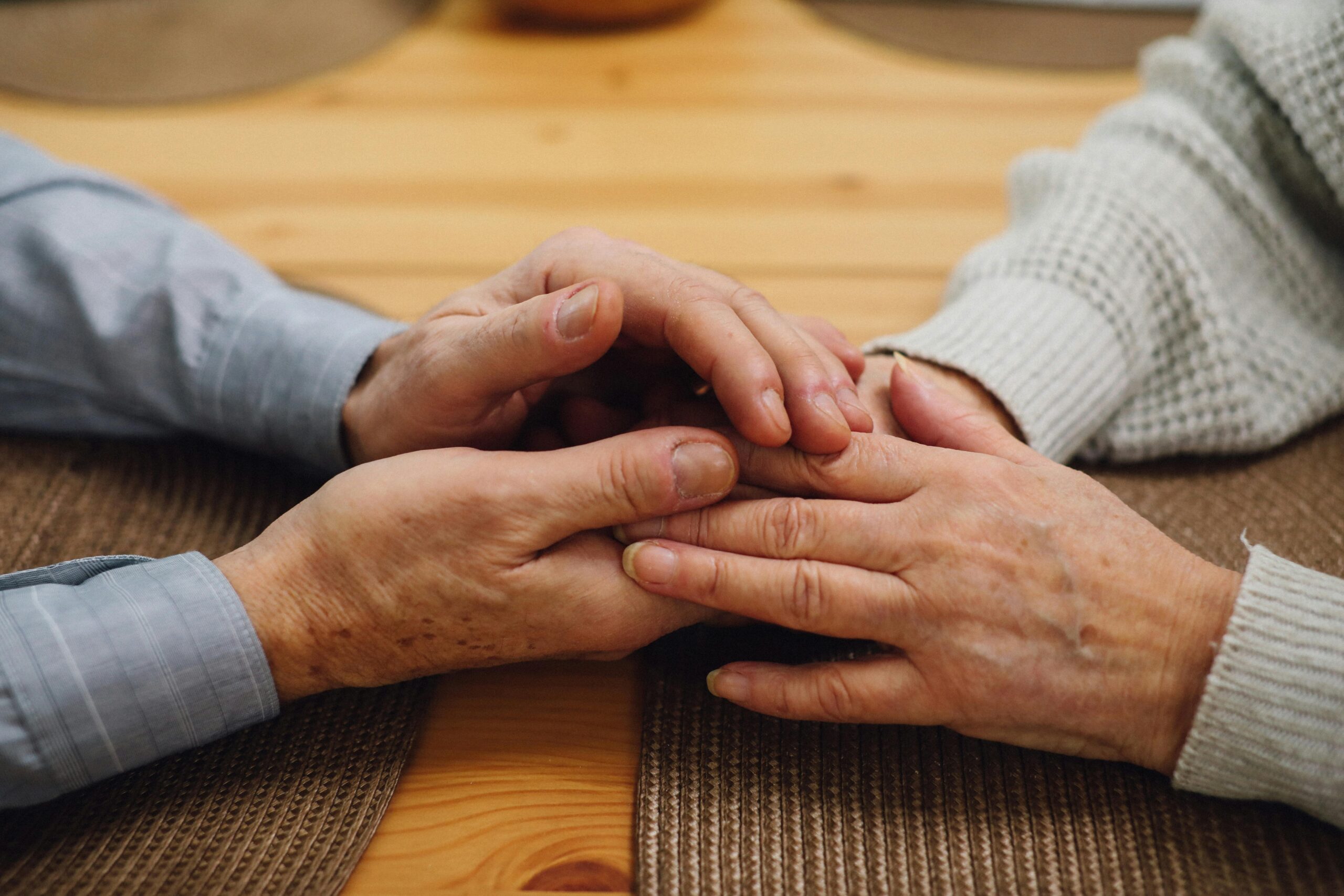Parkinson’s disease is a progressive neurological condition that affects movement, coordination, and balance. For many seniors, managing the daily challenges of Parkinson’s can become increasingly difficult – especially as symptoms evolve. While medical treatment and therapy are essential, the support offered at home plays a crucial role in maintaining quality of life and independence.
Professional home care for seniors with Parkinson’s disease provides not only practical help but also emotional reassurance and companionship. It allows individuals to remain in familiar surroundings, supported by compassionate caregivers who understand their specific needs. Here’s how home care can make a meaningful difference in the lives of those living with Parkinson’s.
Personalised Support for Changing Needs
Parkinson’s disease affects everyone differently, and symptoms can vary from mild tremors to difficulties with mobility, speech, or daily activities. One of the greatest advantages of home care is its flexibility. Care plans can be tailored to each person’s abilities, routines, and preferences – and adapted as their condition changes.
Home care professionals can assist with:
Personal care such as bathing, dressing, and grooming.
Meal preparation to support healthy nutrition and medication schedules.
Daily routines are designed to maintain stability and reduce anxiety.
By providing consistent, individualised care, caregivers help seniors maintain dignity and control over their day-to-day lives. This personalised approach ensures that the right level of assistance is always available, promoting both safety and comfort.
Supporting Mobility and Preventing Falls
Mobility challenges are one of the most common and concerning symptoms of Parkinson’s disease. Tremors, muscle stiffness, and impaired balance can increase the risk of falls, which often lead to injuries and loss of confidence.
Home care workers are trained to provide safe mobility assistance, helping clients navigate their homes while reducing the risk of falls. This may include:
Guiding transfers from bed to chair.
Offering support during short walks or exercises recommended by physiotherapists.
Keeping pathways clear and well-lit to prevent accidents.
Additionally, home carers can help implement environmental modifications, such as removing trip hazards and adding grab bars, to make the home a safer place. Maintaining mobility, even with support, can help preserve independence and slow the progression of stiffness or weakness.
Medication Management and Health Monitoring
Managing Parkinson’s disease often involves multiple medications, taken at specific times throughout the day. Missing or delaying doses can lead to increased symptoms, making medication management a critical aspect of care.
Home care professionals play an essential role in ensuring that medications are taken correctly and on schedule. They can:
Offer reminders and assist with administering medication.
Monitor side effects or changes in symptoms.
Communicate with family members or healthcare providers if concerns arise.
This consistent support helps seniors manage their condition more effectively, reducing the risk of complications and ensuring that treatment remains as effective as possible.
Emotional Wellbeing and Companionship
Living with Parkinson’s disease can be emotionally challenging. Seniors may experience frustration, sadness, or social withdrawal as they adapt to changes in their abilities. Having compassionate companionship at home can make an enormous difference.
Home carers provide not only physical assistance but also emotional connection. They listen, encourage, and engage clients in meaningful conversation and activities that promote a sense of purpose. Whether it’s sharing a cup of tea, going for a gentle walk, or helping with a hobby, companionship reduces isolation and boosts overall well-being.
Caregivers also support families by easing the emotional strain of caregiving responsibilities, giving loved ones peace of mind that their family member is in safe, caring hands.
Encouraging Independence and Quality of Life
A key goal of home care is to help seniors with Parkinson’s maintain as much independence as possible. Even small tasks, such as preparing a simple meal, watering plants, or managing personal hygiene, can be empowering achievements that preserve self-esteem and confidence.
Caregivers work alongside clients to encourage participation in daily routines and gentle exercise, always respecting their pace and abilities. They also help coordinate with healthcare professionals, ensuring therapies and recommendations are followed consistently.
With the right level of support, seniors can continue to enjoy familiar comforts and routines, thereby fostering stability, dignity, and joy in their everyday lives.
Conclusion
Parkinson’s disease may bring physical and emotional challenges, but compassionate, professional home care can help seniors live more comfortably and confidently. By offering personalised assistance, medication management, mobility support, and emotional companionship, home carers play a vital role in improving quality of life and preserving independence.
At Avant Homecare, we’re dedicated to supporting individuals and families affected by Parkinson’s with expert, person-centred care. Our trained carers provide tailored assistance that adapts to each stage of the condition, ensuring safety, comfort, and compassionate companionship every step of the way.


